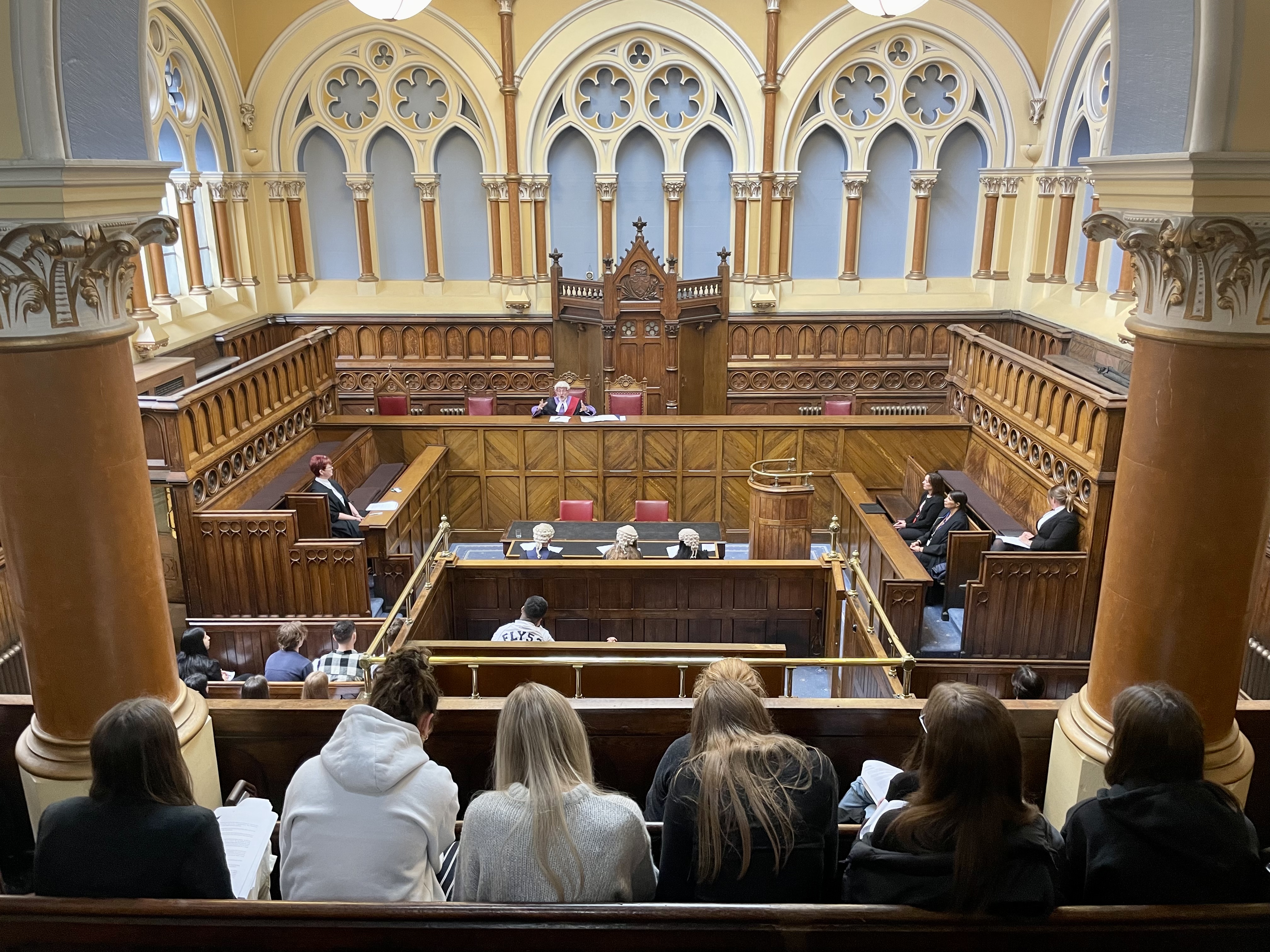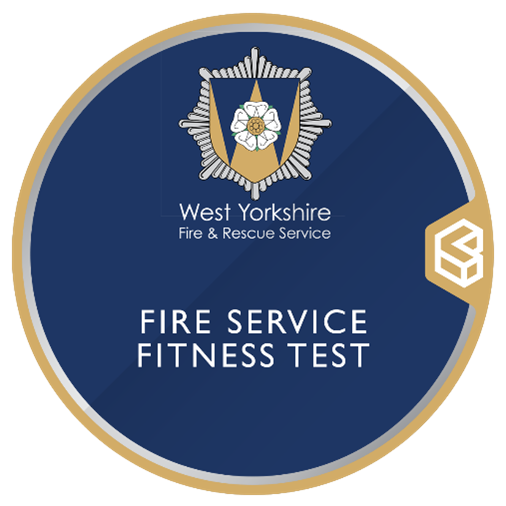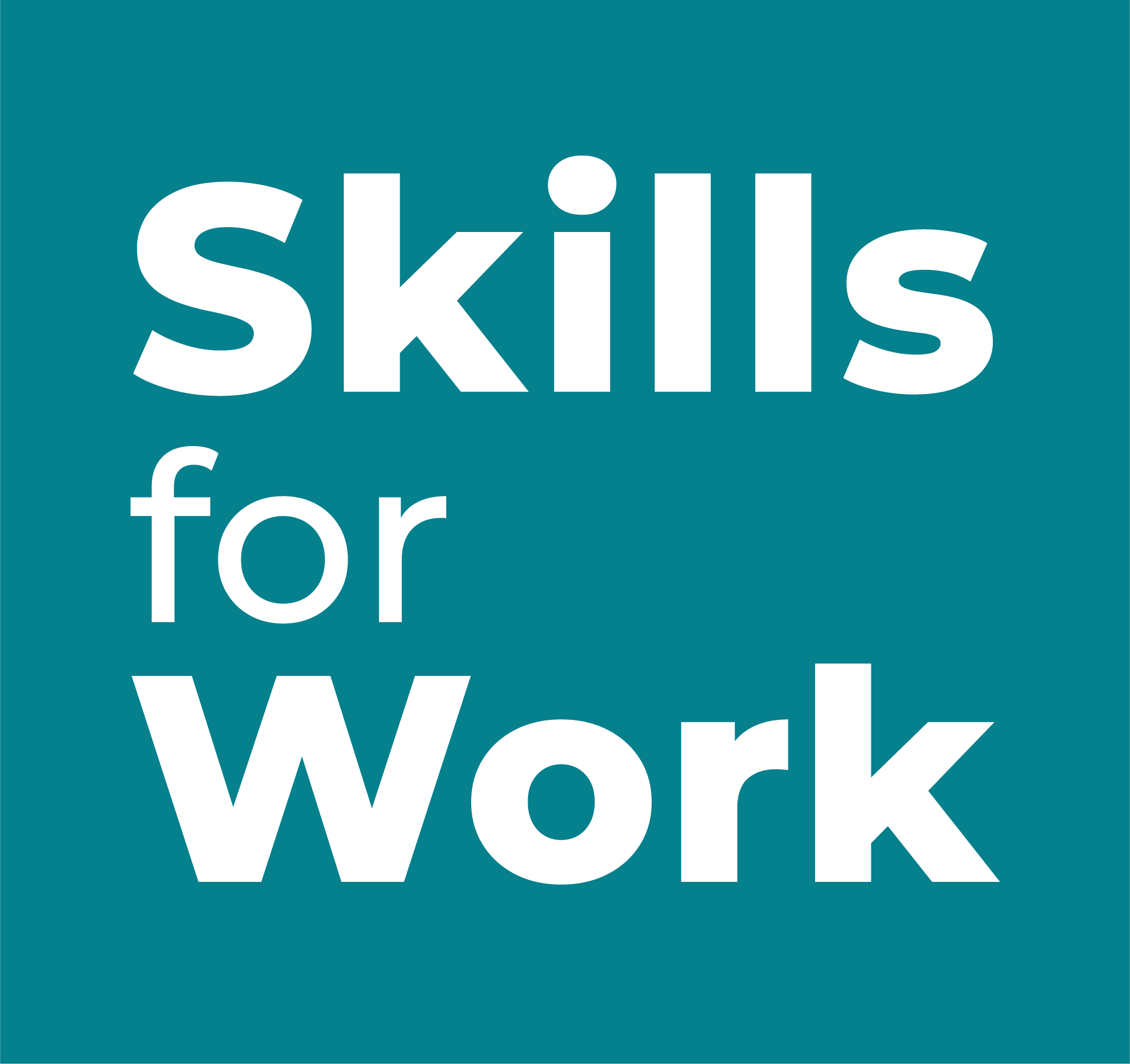Introduction
Our Industry guides give you the lowdown on what the Bradford District has to offer. They're here to help you figure out what qualifications and training opportunities are available nearby and to give you the scoop on career options in specific industries.
If you're not sure about what careers are out there, these guides are perfect for exploring and getting to know each sector better. They're your go-to for understanding the different paths you can take into a career, whether it's through Apprenticeships, Traineeships, starting out early in your career, going to college or university, or learning on the job.
In Bradford District, there are 15 industry sectors to explore - you can find them all on the Career Options page. Each guide will tell you specific ways to plan for an occupation, as well as suggesting educational and vocational opportunities.

Build a Career in Public Services and Law Industry
When it comes to a career in Public Services & Law industry, you should have a keen interest in any of the following:
- Attention to detail
- Teamwork
- Communication
- Creative problem solving
- Organisation
The wide variety of of skills required by the Public Services & Law industry means there is an interesting range of career opportunities available. As long as you are determined, there are many opportunities to transfer your knowledge and skills into other areas across the industry. If you have entrepreneurial qualities, you could quite possibly end up running your own business.
It requires the highest standards of integrity, honesty and bravery. A wide range of opportunities are available in various pathways:
- Probation Services
- Emergency Response
- Legal Services
- Governance
- Government & Public Administration
- Foreign Service
- National Security Planning
- Public Management & Administration
- Regulation
- Revenue & Taxation
Public Services & Law is a growing Industry with increase demands for the following services:
- West Yorkshire Police - https://www.westyorkshire.police.uk/
- West Yorkshire Fire & Rescue Service – https://www.westyorksfire.gov.uk/
- Army – https://www.army.mod.uk/
- Prison Service – https://www.gov.uk/government/organisations/hm-prison-service
- Ministry of Justice – https://www.gov.uk/government/organisations/ministry-of-justice
- HM Courts & Tribunals Service – https://www.gov.uk/government/organisations/hm-courts-and-tribunals-service
- Royal Air Force - https://www.raf.mod.uk/
- The Royal Navy – https://www.royalnavy.mod.uk/

Qualification Information
Some of the skills and knowledge gained from GCSE studies will be particularly useful to a career in Public Services and Law. We can't list every one, but some examples are below:
English Language
- Reading comprehension
- Discussion and debates
- Critical thinking
- Analytical skills
- Time management
- Transactional writing
English Literature
- Comparative analysis
- Contextual understanding
- Critical thinking and evaluation
- Character analysis
Maths
- Data handling
- Problem solving
- Probability
Science
- Data analysis
- Investigative skills
- Critical analysis
Citizenship
- Skills development
- Democratic process and government
- Campaign planning
- Law and justice
PSHE
- Economic education
- Debates and discussion
- Communication and interpersonal skills
- Social responsibility

Courses in Public Services & Law
There are several different courses available which will help get a job in Public Services & Law, examples of those currently available locally are below:
Emergency Response:
- Public Services Level 1 Bradford College
- Uniformed Public Services Level 2 and 3 Bradford College
- Entry Into the Uniformed Services Level 2 and 3 Keighley College
Legal Services:
Foreign Service:
National Security Planning:

15 Career Choices in Public Services & Law
The below jobs are an example of what work can be found in this sector in the Bradford District and beyond. Click on the job title for more information:
- Barrister - give specialist legal advice, advising solicitors and representing people in court, at tribunals and in public inquiries
- Barrister's Clerk - deal with the admin in barristers’ offices and organise the barristers’ workload
- Court Legal Adviser - trained lawyers who advise magistrates and district judges about the law
- Family Mediator - help divorcing or separating couples reach agreement without having to go to court
- Forensic Scientist - prepare traces of physical evidence for use in courts of law
- Forensic Psychologist - explore what makes people commit crimes
- Immigration Adviser - give advice on asylum claims, nationality, citizenship, deportation and employment, and represent clients in court
- Judge - hear evidence in criminal and civil courts, make rulings and pass sentences based on the information presented during cases
- Army Officer - command, manage and motivate team of soldiers
- Chief Inspector - manage operational teams in their districts like CID or neighbourhood policing, co-ordinating responses to major incidents
- Firefighter - help to protect people from fire and other dangers, and give advice on fire prevention
- Merchant Navy Deck Officer - look after the day-to-day running and navigation of ships, and take care of passengers and cargo
- Paramedic - deal with emergencies, giving people life-saving medical help
- Police Officer - keep law and order, investigate crime, and support crime prevention
- Probation Officer - supervise people serving community and prison sentences and help them to stay away from crime

Useful resources
Find below some useful websites giving information about working in this sector.
|
Pathway |
Resource |
|
Law |
|
|
|
|
|
|
|
|
|
|
|
|
|
|
Armed Forces |
|
|
Police |
|
|
Fire Service |
|
|
Civil/Public Service |
|
|
|
|
|
Applying for Higher Education |

Skills Statements
Our skills statements are like golden nuggets crafted by industry pros. They pinpoint the essential skills required in specific sectors or careers. These statements are your secret weapon to understanding what employers really want and figuring out how to shine brighter than the rest. They'll give you the inside scoop on the skills that will make you stand out from the crowd.
Follow this link to find the Skills Statements for:
- Legal Services
- Emergency Response

Digital Badges
Digital badges are a great way to gain recognition for skills and learning which doesn't have a qualification attached to it. If you are a learner aged 13+ please sign up to our Navigatr platform to access the digital badges we offer.
This is quick, easy and free to do. Follow the link below to create your own Navigator account and earn your first digital badge by reading the information and completing quiz at the bottom of the page:
https://www.navigatr.org/what-are-digital-badges-2
To see some of the badges available for Bradford District click on the link below for more information:
I would like to find out more about…
Probation services supervise people serving community and prison sentences who are considered to be 'low-risk'. Responsible for working with offenders before and after sentencing. This includes sentencing, report-writing and looking after offenders throughout their convictions. You could work in a prison, in a court, in the community or in an office. From probation service officer roles, case administrators to prison officers, there are a range of roles within this pathway to suit different skill sets and interests.
Emergency response is a highly rewarding career field that provides professionals the ability to play a vital role in protecting communities from disaster and harm. Helps protects the public against dangers by rapidly responding to a variety of emergencies ranging from road traffic accident, medical emergencies, putting out a fire, treating injuries, managing fatalities and many other vital functions. Emergency response roles can vary from hands on physical posts such as Firefighters and Paramedic to more strategic office based roles such as Emergency Management posts which focuses on raising community awareness or mapping potential risks to customer service style roles such as control room operators.
This forms backbone of societal system from buying a home to crossing the streets. Workers in this field hold positions of great responsibility adhering to strict code of ethics. The delivery of legal services is a complex process that typically requires teams of skilled professionals to provide quality and cost-effective service. As a result, the legal field offers many jobs encompassing a diverse range of skills, experience, and education. Developments in the law and technology have also created new legal career opportunities. People will always need lawyers. However, plenty of job options exist within the legal field beyond becoming a lawyer. There are a variety of roles within this pathway, from compliance specialists, court messenger to clerks.
It is the system by which an organisation is controlled and operates and the mechanism by which it, and its people, are held accountable. It includes local elected officials, councillors, Member of Parliament (MPs) who are appointed for making and executing public policy. Some of the examples of governance include ethics, risk management, compliance and administration. Governance is also a practice of board of directors coming together to make decisions about the direction of the company such as financial planning and decision making.
Public service jobs span a huge range of careers, from central and local government, to those in teaching, health and social care and the police force. Roles within this pathway include jobs such as lobbyist, city manager, planner and census clerk. In these roles you will need to have a keen eye for detail to be able to accurately document, report, and record governmental and public administrative information to conform to legal requirements.
Her Majesty's Diplomatic Service (HMDS) is the diplomatic service of the United Kingdom of Great Britain and Northern Ireland, dealing with foreign affairs, as opposed to the Home Civil Service, which deals with domestic affairs. For roles within this pathway it is likely you will monitor and analyse overseas events develop policies and strategies towards different countries. Deal with press and communications at home and abroad. Promote overseas investment into the UK. Give consular support to UK citizens abroad. Process visa applications for people looking to visit, study or work in the UK. Handle queries and give advice face to face, using email or in written form. Write and check reports and official documents.
It is a key framework for a country to meet the basic needs and security concerns of citizens, and address external and internal threats to the country. This consists of the Army, Navy, Air Force, Coastal Guards and Marines. Working in national security planning can lead to diverse range of activities from running a hospital, programming computers to repairing or maintaining helicopters.
Public administration focuses on producing public policies and coordinating public programs. Public management is a sub-discipline of public administration that involves conducting managerial activities in public organisations. Where the leaders serve communities to advance the common good and effect positive change. Public administration professionals are equipped with skills to manage at all levels of government (local/national) as well as non-profit organisations.
Regulation is broadly defined as imposition of rules by government, backed by the use of penalties that are intended specifically to modify the economic behaviour of individuals and firms in the private sector. Common examples of regulation include limits on environmental pollution, laws against child labor or other employment regulations, minimum wages laws, regulations requiring truthful labelling of the ingredients in food and drugs, and food and drug safety regulations establishing minimum standards of testing.
Tax revenue is the income gained by the government through taxation. Tax revenue forms a part of the Receipt Budget, which in turn is part of the Annual Financial Statement of the Union Budget. Tax revenue is the result of the application of a tax rate to a tax base. It ensures taxes are collected from individuals/businesses, completing audits, reviewing tax returns, monitoring and collecting overdue tax. Difference between revenue and tax is 'Revenue' is the money a company or government has coming in each year. 'Tax' is the charge each citizen has to pay to keep the government running.


